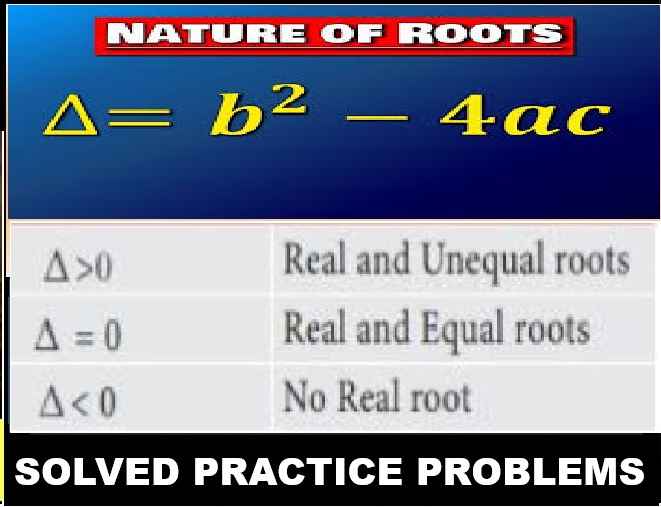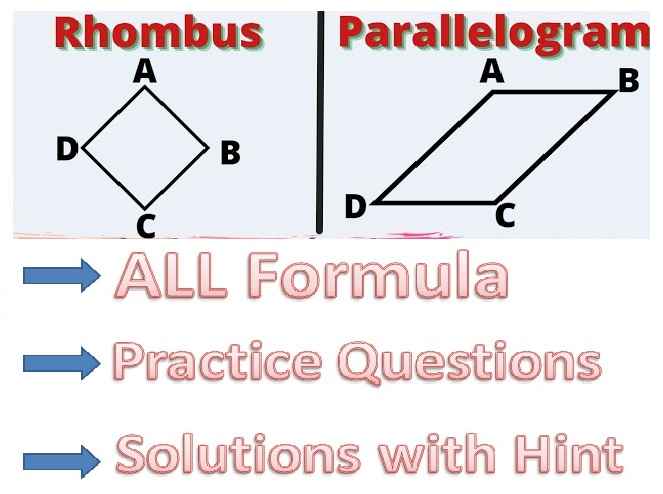Organic Farming and Green Revolution Class-8th Goyal Brothers ICSE Biology Solutions Chapter-8 (Food Production), Unit-4(Organic Farming and Green Revolution). We Provide Step by Step Answers of Multiple questions, Define the following, Answer the following. Chapter-8 (Food Production), Unit-4(Organic Farming and Green Revolution). Visit official Website CISCE for detail information about ICSE Board Class-8. How is Green Revolution related to organic farming? What is Green Revolution in farming What are the major benefits of organic farming and green agriculture? What is the concept of organic farming?
Organic Farming and Green Revolution Class-8th Goyal Brothers ICSE Biology Solutions Chapter-8 Unit-4
| Board | ICSE |
| Class | 8th |
| Subject | Biology |
| Book Name | Goyal Brothers |
| Chapter-8 |
Food Production |
| Unit-4 | Organic Farming and Green Revolution |
| Topic | Solution of exercise questions |
| Session | 2023-24 |
How is Green Revolution related to organic farming?
Another term for organic farming, eco-agriculture was coined by economist and author Charles Walters. Beginning in 1944, the Green revolution involved the extensive use of chemical fertilizers, pesticides, herbicides, heavy machinery and irrigation to increase the yields of the crop plants.
What is Green Revolution in farming?
The Green Revolution (a term used for rapid increases in wheat and rice yields in developing countries brought about by improved varieties combined with the expanded use of fertilizers and other chemical inputs) has had a dramatic impact on incomes and food supplies in many developing countries.
What are the major benefits of organic farming and green agriculture?
Genetically modified organisms, nanomaterials, human sewage sludge, plant growth regulators, hormones, and antibiotic use in livestock husbandry are prohibited. Organic farming advocates claim advantages in sustainability, openness, self-sufficiency, autonomy and independence, health, food security, and food safety.
What is the concept of organic farming?
Organic farming is an agricultural approach that advocates healthy products free from components that may harm humans and nature. They include but are not limited to industrial pesticides, insecticides, fertilizers, clones, GMOs, chemical medications, hormones, growth-boosters, etc.
Goyal Brothers ICSE Biology Solutions Chapter-8 Unit-4
Organic Farming and Green Revolution Class-8th
Que: I. Answer the following questions:
Question: 1. What are the advantages of organic farming?
Answer: Advantages of organic farming:
1. Products obtained by organic farming are free from chemical fertilisers and pesticides. Pesticides are poisonous to living things.
2. Pollution of land and water bodies in not caused.
3. Helps in recycling of wastes produced in a farm.
4. Maintains the fertility of soil.
Question: 2. Define (i) organic farming, and (ii) green revolution.
Answer: (i) organic farming: Organic farming can be defined as an agricultural process that uses biological fertilisers and pest control acquired from animal or plant waste. Organic farming was actually initiated as an answer to the environmental sufferings caused by the use of chemical pesticides and synthetic fertilisers. In other words, organic farming is a new system of farming or agriculture that repairs, maintains, and improves the ecological balance.
(ii) green revolution: The great improvement in the production of food grains and other agricultural produce during the period 1960-80 is described as Green Revolution in Indian agriculture. It is known as the Golden Era of Indian agriculture. The food production was enhanced to such an extent that our country became self-sufficient in food production because of the development of high-yielding varieties (HYV) of rice, maize, bajra, sugarcane, etc. by our scientists.
Question: 3. How is organic farming different from non-organic farming?
Answer: Organic farmers use paddy, husk, charcoal, gliricidia leaves, rice straw etc as fertilizers.Inorganic farmers use Urea, MOP and TSP as fertilizers. Modern or organic farming aims to improve soil fertility, health, and safety, preserve the environment, and provide humans with high-nutrition, chemical-free crops.
Question: 4. What are the disadvantages of organic farming?
Answer: Disadvantages of organic farming:
1. Organic foods are more expensive.
2. Shelf-life is much shorter than non-organic foods.
3. Production is a tedious and labour-intensive.
Question: 5. List three factors which led to green revolution.
Answer: List three factors which led to green revolution:
1. Development and introduction of high-yielding varieties.
2. Development of early-maturing varieties.
3. Multiple cropping.
Question: 6. How was manifold increase in the production of cereals and pulses brought about in our country?
Answer:Manifold increase in the production of cereals and pulses brought about in our country Through the use of fertilisers and pesticides, and by developing high-yielding, disease-resistant varieties of major crops.
— : end of Organic Farming and Green Revolution Class-8th Goyal Brothers ICSE Biology Solutions Chapter-8 Unit-4:–
Return to- ICSE Class -8 Goyal Brothers Biology Solutions
Thanks
Please share with your friends if you find it useful


